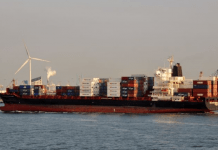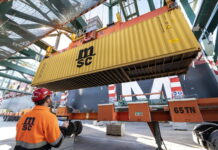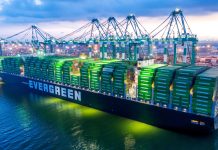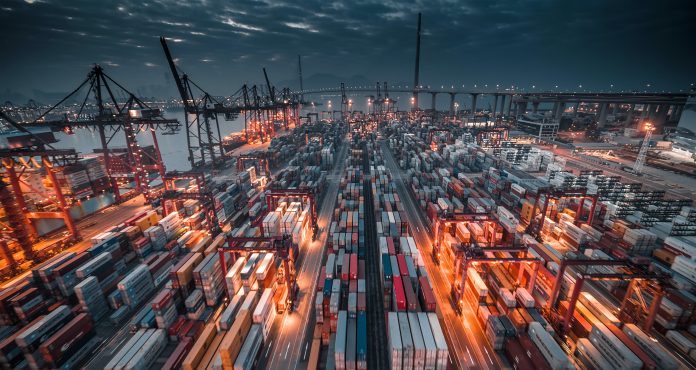
As ongoing trade disputes between the European Union, the United States and China shape future container market dynamics, Container News analyzed the impact of these disputes on global scape.
In 2023, China solidified its role as a key player in global trade, particularly as the EU’s largest goods importer. This is evidenced by a robust 8.4% increase in China’s cargo and container throughput, amounting to 15.51 billion tonnes. Such growth not only highlights China’s growing influence in maritime logistics but also strengthens its economic ties with Europe.
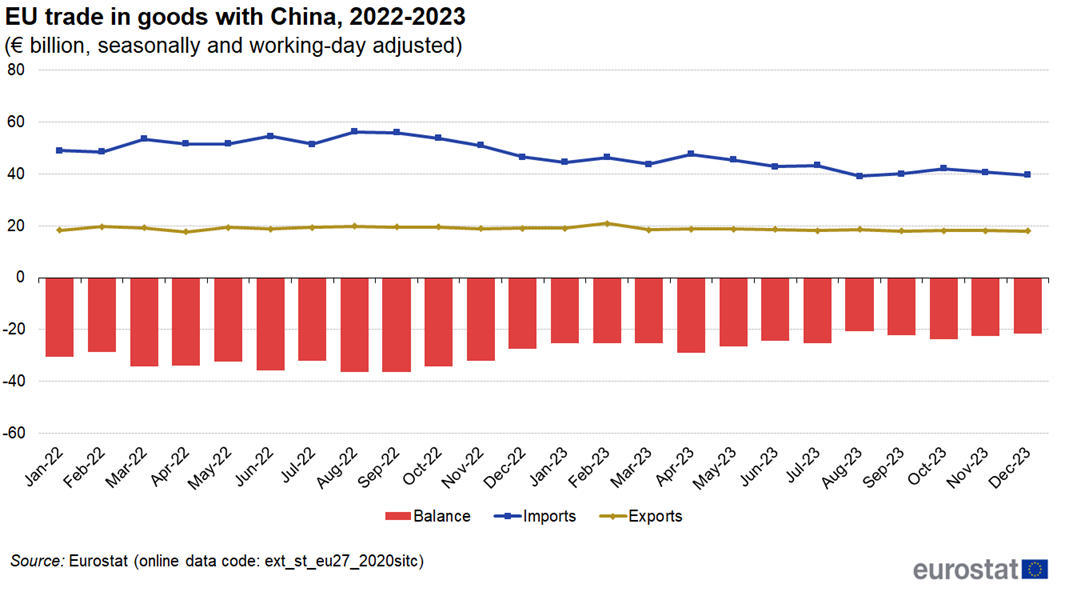
However, the Port of Rotterdam faced challenges in the first half of 2024, with a slight 0.3% decrease in cargo throughput. Despite this, container throughput witnessed a recovery, increasing by 4.2% in tonnage and 2.2% in TEUs to 6.8 million, driven by heightened demand for consumer goods and adaptations in importer strategies.
Notably, disruptions in the Red Sea leading to the avoidance of the Suez Canal since late 2023 have significantly influenced these dynamics.

Connectivity trends in major European ports like Rotterdam and Hamburg have also shifted. While Rotterdam experienced connectivity fluctuations, possibly due to broader economic and geopolitical pressures, Hamburg displayed relative stability, indicating varied strategic responses to global trade tensions.
In contrast, ports in China showed strong connectivity growth through 2024, with only minor setbacks. Shanghai, despite slight decreases, maintained a general uptrend in connectivity, while Ningbo showed consistent growth.
The US ports, particularly Long Beach, experienced stability in connectivity through 2023 and 2024, although there were notable challenges in early 2024 which were subsequently overcome in the next quarters.
The backdrop of these developments is the trade war initiated in the previous year between the United States and China.
The US imposed increased tariffs on over a thousand Chinese products, citing unfair trade practices, which prompted China to reciprocate with increased duties on American products.
This cycle of retaliatory actions suggests a likely escalation of sanctions as neither side shows a willingness to compromise in negotiations.
The above-mentioned facts drove to the conclusion that China’s significant role in global trade, underscored by its impact on maritime logistics, affected its relationship with Europe, as European ports adjusted to new trade patterns that impacting their connectivity, according to the metrics.
Despite challenges, ports like Rotterdam and Long Beach demonstrate resilience and strategic adaptation to maintain their operational levels.
Overall, it seems that the increased tariffs have directly impacted the operations of ports that heavily handle US and Chinese trade goods, as they are experiencing fluctuations in cargo volumes.
In response to the trade war, some shipping companies and port operators may seek to enhance their efficiency or expand their capabilities to handle goods from other regions, reducing dependence on the US-China trade axis.
This has to be linked with the new announcements of the European shipping companies of new trade services, involving African, Middle Eastern and South Asian ports, as Europe may should reshape its overall maritime shipping strategy, amid a growing trade tension between the United States and China.


